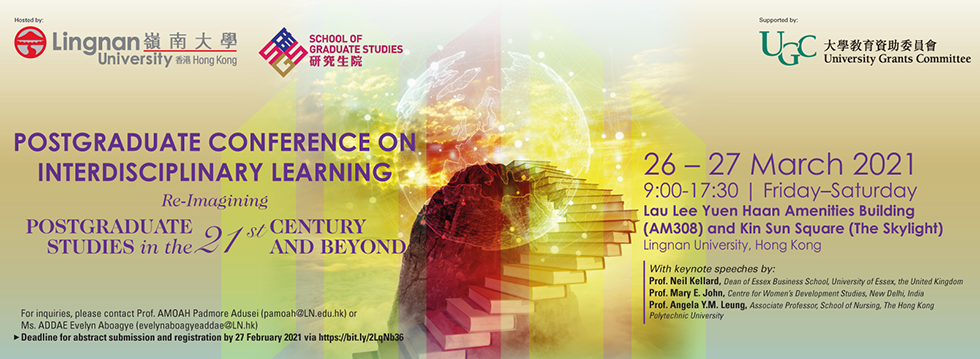
International migration role in the rural heritage reconfiguration rural house landscape interpretations in Michoacan Mexico
Start Date
26-3-2021 11:45 AM
End Date
26-3-2021 12:00 PM
Description
This doctoral research project focuses on analysing the way livelihoods has changed the value criteria of rural heritage, particularly the materiality and value of the rural house in an area with high international circular migration. The central research questions are: Are there ideologies related to the livelihoods of returned migrants that modify perspectives on the value of the rural house and the rural landscape? What is the interpretation of the older generation people about the new architecture in the rural house? Which house design elements and everyday practices change the relationships that people have with the local environment?
These questions have taken us to propose an interdisciplinary methodology. We use a theoretical framework from social anthropology that helps us to interpret appropriately discourses about the value of the rural, and apply methodologies from archaeology and architecture to relate the building designs and everyday social practices with the heritage value and the environment.
At the end, we pretend to create an ethnographic argument that helps to understand how the new interpretations of rural houses are being reconfigured as rural heritage. The case of study is a lacustrine town with a population mainly dedicated to agriculture and fishing in Michoacán México.
Recommended Citation
Vergara, G. M., & Melendez, L. A. A. (2021, March). International migration role in the rural heritage reconfiguration rural house landscape interpretations in Michoacan Mexico. Presented at the Postgraduate Conference on Interdisciplinary Learning: Re-Imagining Postgraduate Studies in the 21st Century and Beyond. Lingnan University, Hong Kong.
International migration role in the rural heritage reconfiguration rural house landscape interpretations in Michoacan Mexico
This doctoral research project focuses on analysing the way livelihoods has changed the value criteria of rural heritage, particularly the materiality and value of the rural house in an area with high international circular migration. The central research questions are: Are there ideologies related to the livelihoods of returned migrants that modify perspectives on the value of the rural house and the rural landscape? What is the interpretation of the older generation people about the new architecture in the rural house? Which house design elements and everyday practices change the relationships that people have with the local environment?
These questions have taken us to propose an interdisciplinary methodology. We use a theoretical framework from social anthropology that helps us to interpret appropriately discourses about the value of the rural, and apply methodologies from archaeology and architecture to relate the building designs and everyday social practices with the heritage value and the environment.
At the end, we pretend to create an ethnographic argument that helps to understand how the new interpretations of rural houses are being reconfigured as rural heritage. The case of study is a lacustrine town with a population mainly dedicated to agriculture and fishing in Michoacán México.

